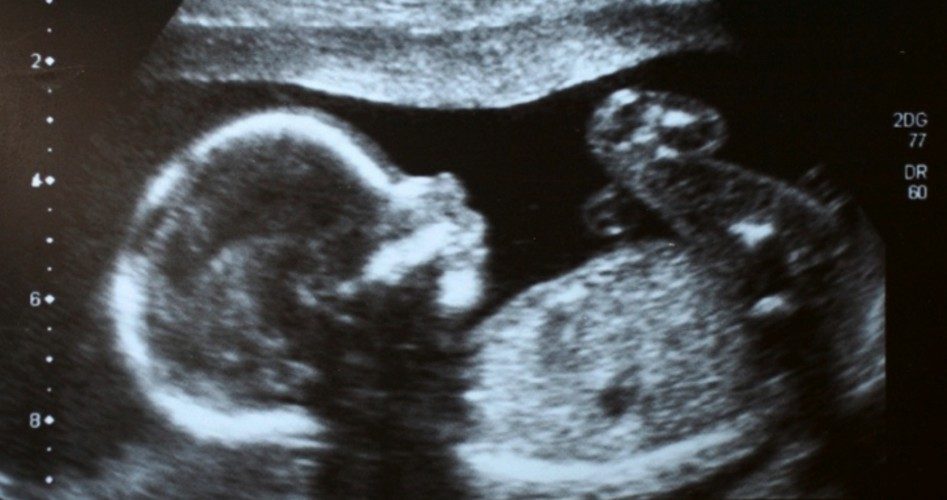
Days after a federal court struck down key elements of a Texas pro-life law, a federal appeals court has reinstated part of the law, meaning that up to one-third of abortion clinics in the state will be unable to perform abortions.
On October 28 District Judge Lee Yeakel blocked the law’s requirement that abortion doctors have hospital admitting privileges within 30 miles of an abortion clinic, as well as a provision requiring abortionists to dispense abortion-inducing drugs in person rather than through videoconferencing with a pregnant woman. On October 31, on an emergency appeal from Texas Attorney General Greg Abbott, the 5th Circuit Court of Appeals reinstated the requirement that abortionists have hospital admitting privileges. Abbott argued that the state legislature had the constitutional authority to implement such restrictions. The ruling by the appeals court is temporary until a complete hearing is held on the measure in January.
The court left intact Yeakel’s ruling that overturned the law’s restrictions on the dispensing of RU-486 and other drugs that can induce abortion in women. The law’s main pro-life element, a ban on abortion after the 20th week of pregnancy, was also not impacted by legal challenge.
Cecile Richards of Planned Parenthood, which has several clinics that will be impacted by the latest ruling, objected to the restrictions on her company’s ability to terminate the lives of children. “This fight is far from over,” she said after the appeals court ruling. “This restriction clearly violates Texas women’s constitutional rights by drastically reducing access to safe and legal abortion statewide…. We will take every step we can to protect the health of Texas women in the wake of this ruling.” As quoted by USA Today, Planned Parenthood complained that because of the restrictions “abortion will no longer be available in vast stretches of Texas, including areas surrounding Fort Worth, Harlingen, Killeen, McAllen, and Waco.”
Brigitte Amiri, a senior staff attorney with the American Civil Liberties Union’s Reproductive Freedom Project, also blasted the ruling, predicting that “if it’s allowed to stand it will have terrible consequences for women in Texas. We will continue to try to do anything we can to ensure that women in Texas can get the health care they need.”
The Washington Post reported that during testimony to Judge Yeakel, officials for a chain of Texas abortion clinics said that they had “tried to obtain admitting privileges for their doctors at 32 hospitals, but so far only 15 accepted applications and none have announced a decision.” The Post noted that “many hospitals with religious affiliations will not allow abortion doctors to work there, while others fear protests if they provide privileges. Many have requirements that doctors live within a certain radius of the facility, or perform a minimum number of surgeries a year that must be done in a hospital.”
In its 20-page ruling, the court acknowledged that the admitting privilege requirement “may increase the cost of accessing an abortion provider and decrease the number of physicians available to perform abortions.” Nonetheless, it pointed out, the U.S. Supreme Court has held that “the incidental effect of making it more difficult or more expensive to procure an abortion cannot be enough to invalidate” a law.
Attorney General Abbott applauded the appeals court’s ruling, calling it “a vindication of the careful deliberation by the Texas Legislature to craft a law to protect the health and safety of Texas women.”
Pro-life Governor Rick Perry echoed those sentiments, saying that the latest decision “affirms our right to protect both the unborn and the health of the women of Texas. We will continue doing everything we can to protect a culture of life in our state.”


